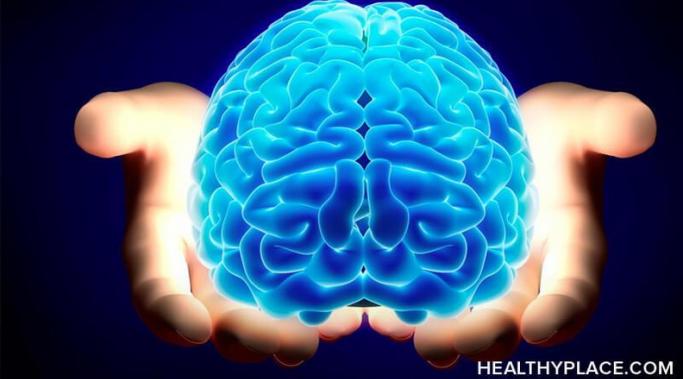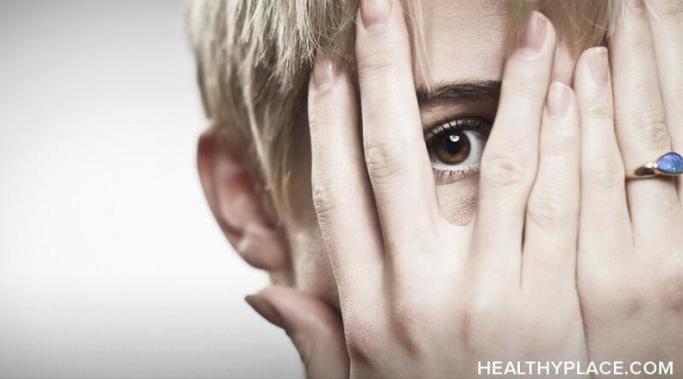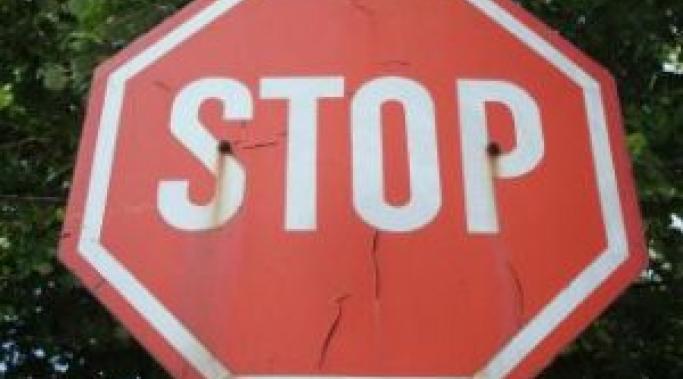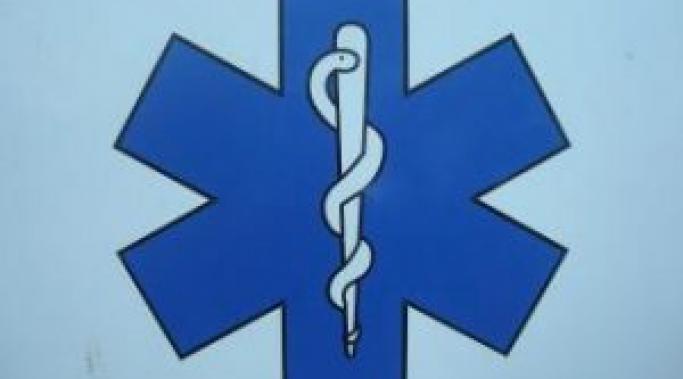I'm here to tell you that trauma affects your brain. Even so, have you ever had someone say to you any of these things:
"PTSD isn't real; it's all in your head"
"Just get over it already!"
"Only veterans get PTSD"?
I speak all over the country about PTSD symptoms. Mostly, these audiences are comprised of civilians: survivors, caregivers and healing professionals. Sometimes, too, there are people who have no PTSD connection but have been invited to hear the presentation. Inevitably, whether it's before the presentation has started or after it has finished someone addresses me to say some variation of one of those three things (on a really awful day, all three!).
Why don't people "get" what it means to struggle with PTSD? Why can't they understand that trauma affects the brain as well as the mind?
PTSD Symptoms
Loss is an immense landscape for those living with psychological trauma and its consequent posttraumatic stress. Not always clear and obvious to us, because we can be good at avoiding painful facts, the pain of the stress itself further distracts us from what we will, in healing if not before, come to know: something was taken from us, and it won't be regained easily, if at all.
I'm thinking about how to face your fear because yesterday I spoke with a radio show host and we talked a lot about fear and its place after a trauma. It has left me thinking about how fear impacts our PTSD experience and coping mechanisms or the entire PTSD recovery process. More importantly, how fear gets in the way of and interferes with PTSD. If PTSD occurs because an enormous fear has entered our lives, is it possible to get rid of the fear enough to heal?
It's a common worry: If I heal PTSD symptoms, and then experience another trauma, will PTSD return?
I've been thinking about that question a lot lately. I hear it often from the survivors I coach, and also from the enormous PTSD community in which I participate.
And now, I'm thinking about it for an even more personal reason: Two weeks ago I almost died in a trauma eerily reminiscent of my original, PTSD-creating experience.
PTSD and suicide thoughts (plus how to shift them) is a topic of frequent discussion in any community of survivors struggling with symptoms of posttraumatic stress disorder. Really, how could it not be? We're asked to live inside a mind that feels crazy and a body that behaves in ways out of our control. At some point, it's reasonable for anyone to just want to be set free.
Of course, suicide is always the wrong answer. Every day, we learn more about PTSD recovery and how to heal, which means that there is always hope for feeling better. In fact, with the many approaches now available for healing work recovery is more like a Choose Your Own Adventure than ever before. It took me 10 modalities to reach the end of PTSD symptoms.
If I had given up and given in to the dark PTSD suicide thoughts a whole life would have been lost that really has been more than worth living.
Right off the bat I'll say this: It's incredibly important in treating posttraumatic stress to have a completely strategized mind/body approach. In order to really heal both aspects of who you are need time, attention, focus and respect.
And yet, there's also great value in separating them out.
Last week, one of the Heal My PTSD support group members heaved a big sigh and asked, “Is it normal to fluctuate between seeing progress and going back to square one? Is that part of PTSD recovery?”
If you've ever been depressed, anxious or angry you know how emotions can impact your appetite. Any one of those experiences can make you eat more or less depending on the day and the intensity of what you're feeling. And then what happens? If you skip some meals or binge on junk food, do you feel better or worse?
For the past few years there's been a lot of talk about how the new Diagnostic and Statistical Manual (DSM-V), the Bible of mental health diagnoses, would be changing the criteria for PTSD.
Well, on May 27th the new DSM-V was released and now we know what the changes are!
It's something you do every day, but how often do you actually deliberately think about breathing? Back when I was struggling with PTSD I never thought about my breath - or would have even believed that it could help me feel better almost instantly.
Recent research, however, proves that focusing on your breath can dramatically impact and reduce PTSD symptoms.









